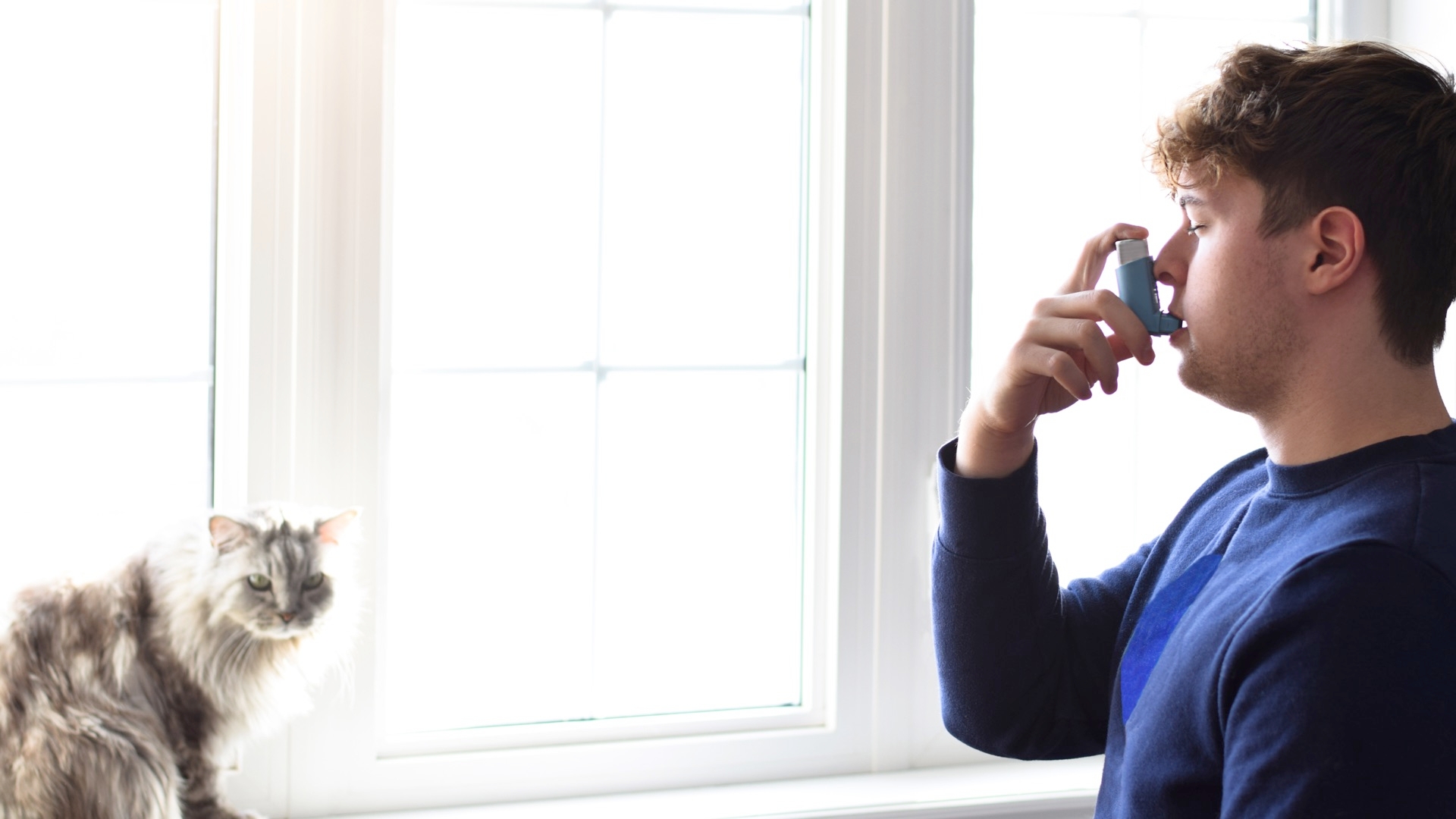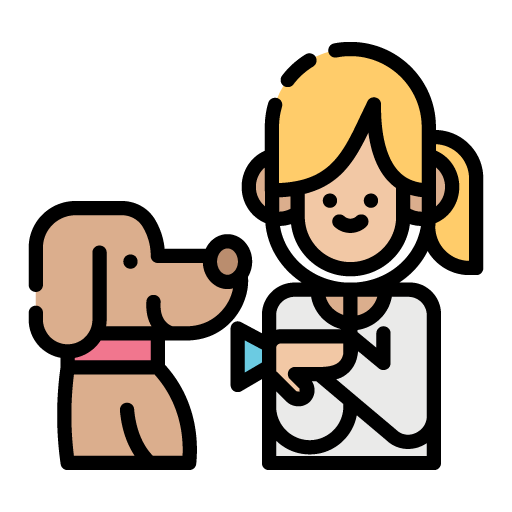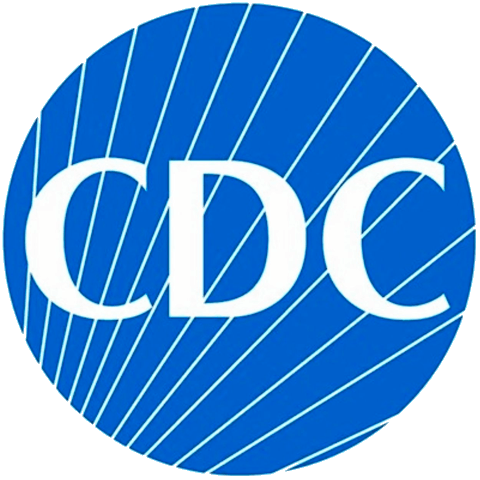Ways to Stay Healthy Around Pets:
Summary:
There are many health benefits of owning a pet. opportunities However, pets can sometimes carry harmful germs that can make us sick even when the pet appears healthy. The diseases people get from animals are called zoonotic (zoe-oh-NOT-ic) diseases. Below are some tips to help you and your family stay healthy while enjoying pets.
Wash Your hands
Whether you are playing with, feeding, or cleaning up after your pet, it is important to wash your hands to help reduce the risk of getting sick from germs pets can carry. If you or a family member are concerned about illness, talk to a doctor and mention the animals you've had contact with recently.
Always wash hands:
- After touching or playing with your pet
- After feeding your pet or handling pet food
- After handling pet habitats or equipment (cages, tanks, toys, food and water dishes, etc.)
- After cleaning up after pets
- After leaving areas where animals live (coops, barns, stalls, etc.), even if you did not touch an animal
- Before eating and drinking
- Before preparing food or drinks
- After removing soiled clothes or shoes
Running water and soap are best for hand washing, but you can use hand sanitizer until running water and soap are available. Adults should always assist young children with hand washing.
Keep Your Pet healthy
Whether you have a dog, cat, horse, parakeet, gerbil, bearded dragon, or other fun pet, providing regular, life-long veterinary care is important for keeping your pet and family healthy. Regular veterinary visits are essential to good pet health. Talk to your pet's veterinarian about how to keep your pet healthy. Provide your pet with a good diet, fresh water, clean bedding, and plenty of exercise. Keep up with your pet's vaccines, deworming, and flea and tick control. Some pets can carry ticks that can spread serious diseases like Lyme disease and Rocky Mountain spotted fever to people. In areas with plague—including some rural areas in the western US—fleas can be a risk to both animals and their owners.
By keeping your pet healthy, you help to keep yourself and your family healthy. Contact your veterinarian if you have any questions about your pet's health or if you think your pet may be sick.
Practice Good Pet Hygiene
In addition to hand washing, practicing good pet hygiene can help prevent the spread of germs between pets and people. Keep pets and their supplies out of the kitchen, and disinfect pet habitats and supplies outside the house when possible. Never clean supplies in the kitchen sink, food preparation areas, or the bathroom sink. Pets can contaminate surfaces in your home with germs—you don't have touch pets to get sick from their germs.
Always remove your dog's feces (poop) from your yard and public places by using a bag, and dispose of it in proper areas. Dog and cat poop can contain parasites and germs that can be harmful to people. Keep children away from areas that might contain dog or cat poop to prevent them from getting roundworms and hookworms. Cover sand boxes so cats don't use them as a litter box. Clean the cat's litter box daily to lower the chances of exposure to harmful parasites. Remember, pregnant women should avoid changing a cat's litter box if possible.
Teach Children How to Interact with Animals
Pets can teach children compassion and responsibility. However, children younger than 5 years old should be supervised while interacting with animals to ensure the safety of the child and the pet. Teach children to wash their hands right after playing with animals or anything in the animals' environment (cages, beds, food or water dishes). Don't let children kiss pets or put their hands or other objects in their mouths after handling animals.
Adults should supervise and be extra cautious when children younger than 5 years old have direct contact with farm animals, including animals at petting zoos and fairs.
Keep Wildlife Wild
Although they may look cute and cuddly, avoid touching wild animals to reduce the risk of illness and injury. Don't encourage wild animals such as raccoons, prairie dogs, or wild rodents to come into your home by feeding them. You might find a young animal that appears to be abandoned and want to rescue it, but often its parent is close by. If you are concerned about the safety of a wild animal, contact a local wildlife rehabilitation facility


